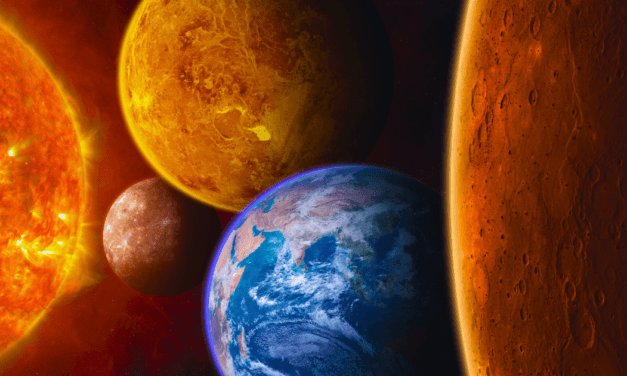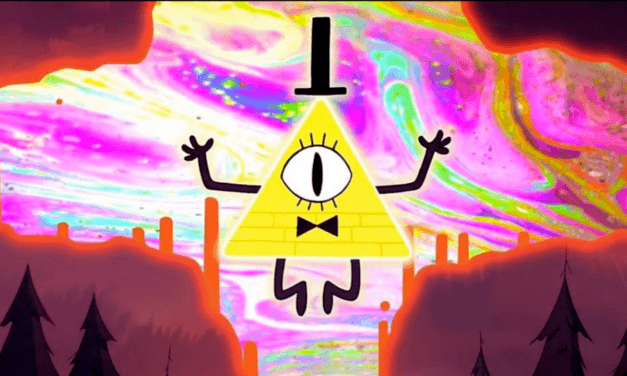This article first appeared in the Ask Hank column of the Christian Research Journal, volume 29, number 2 (2006). For more information about the Christian Research Journal, click here.
The arguments that support evolutionary theory are astonishingly weak.
First, the fossil record is an embarrassment to evolutionists. No verifiable transitions from one kind to another have as yet been found. Charles Darwin had an excuse; in his day fossil finds were relatively scarce. Today, however, we have an abundance of fossils. Still, we have yet to find even one legitimate transition from one kind to another.
Furthermore, in Darwin’s day such enormously complex structures as a human egg were thought to be quite simple—for all practical purposes, little more than a microscopic blob of gelatin. Today, we know that a fertilized human egg is among the most organized, complex structures in the universe. In an age of scientific enlightenment, it is incredible to think people are willing to maintain that something so vastly complex arose by chance. Like an egg or the human eye, the universe is a masterpiece of precision and design that could not have come into existence by chance.
Finally, while chance is a blow to the theory of evolution, the laws of science are a bullet to its head. The basic laws of science, including the laws of effects and their causes—energy conservation and entropy—undergird the creation model for origins and undermine the evolutionary hypothesis. While I would fight for a person’s right to have faith in science fiction, we must resist evolutionists who attempt to brainwash people into thinking that evolution is science.2
What about “Theistic Evolution”?
Under the banner of “theistic evolution,” a growing number of Christians maintain that God used evolution as His method for creation. This, in my estimation, is the worst of all possibilities. It is one thing to believe in evolution; it is quite another to blame God for it. Not only is theistic evolution a contradiction in terms—like the phrase flaming snowflakes—but in the words of the Nobel prize-winning evolutionist Jacques Monod: “[Natural] selection is the blindest, and most cruel way of evolving new species….The struggle for life and elimination of the weakest is a horrible process, against which our whole modern ethic revolts….I am surprised that a Christian would defend the idea that this is the process which God more or less set up in order to have evolution.”
First, the biblical account of creation specifically states that God created living creatures according to their own “kinds” (Gen.1:24–25). As confirmed by science, the DNA for a fetus is not the DNA for a frog, and the DNA for a frog is not the DNA for a fish; rather the DNA of a fetus, frog, or fish is uniquely programmed for reproduction after its own kind. Thus while the Bible allows for microevolution (transitions within “the kinds”) it does not allow for macroevolution (amoebas evolving into apes or apes evolving into astronauts).
Furthermore, evolutionary biology cannot account for metaphysical realities such as ego and ethos. Without data demonstrating that physical processes can produce metaphysical realities, there is no warrant for dogmatically declaring that humans evolved from hominids.
Finally, an omnipotent, omniscient God does not have to painfully plod through millions of mistakes, misfits, and mutations in order to have fellowship with humans. As the biblical account of creation confirms, He can create humans instantaneously (Gen.2:7).
Evolutionism is fighting for its very life. Rather than prop it up with theories like theistic evolution, thinking people everywhere must be on the vanguard of demonstrating its demise.3
— Hank Hanegraaff
Notes:
- Adapted from Hank Hanegraaff, The Bible Answer Book (Nashville: J. Countryman, 2004).
- For further study, see Hank Hanegraaff, Fatal Flaws: What Evolutionists Don’t Want You to Know (Nashville: W Publishing, 2003); Phillip E. Johnson, Darwin on Trial, 2nd ed. (Downers Grove, IL: InterVarsity Press, 1993).
- For further study, see J. P. Moreland and John Mark Reynolds, eds., Three Views on Creation and Evolution (Grand Rapids: Zondervan Publishing House, 1999).









